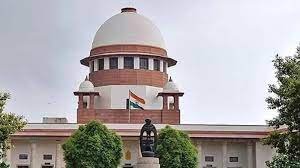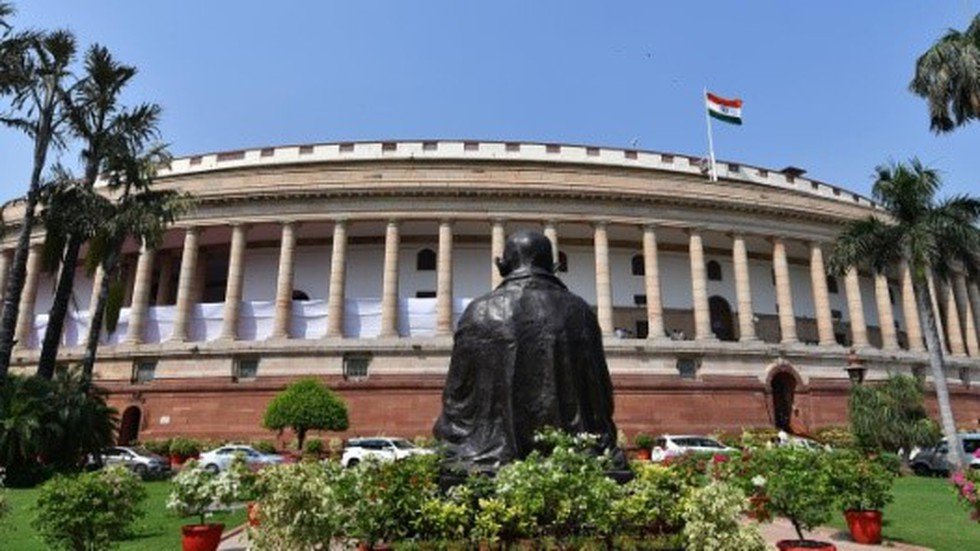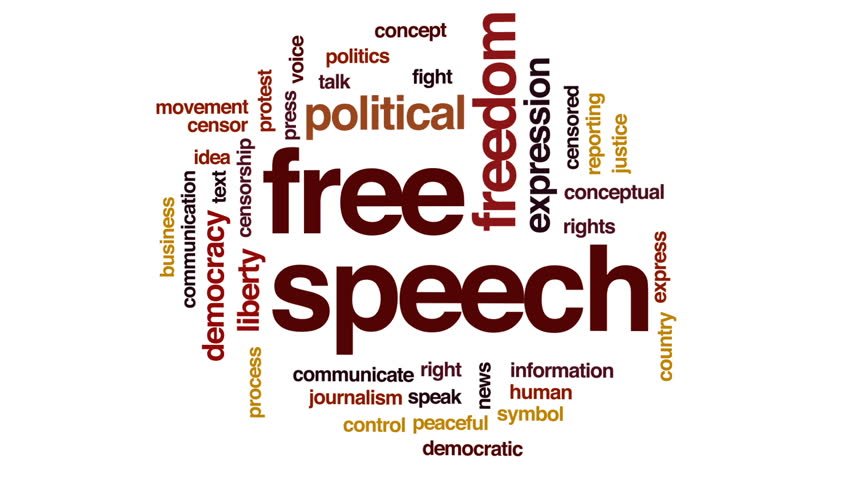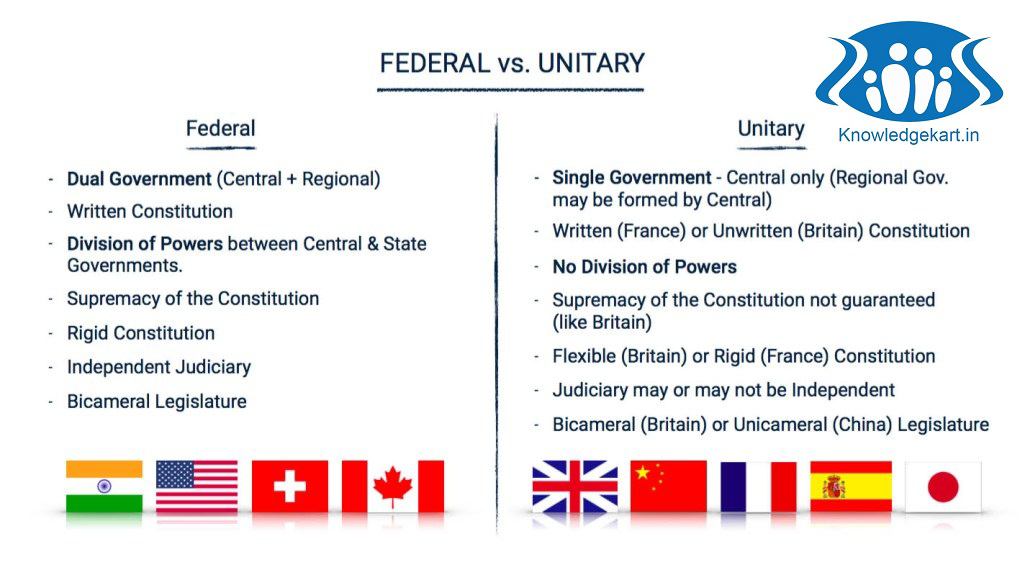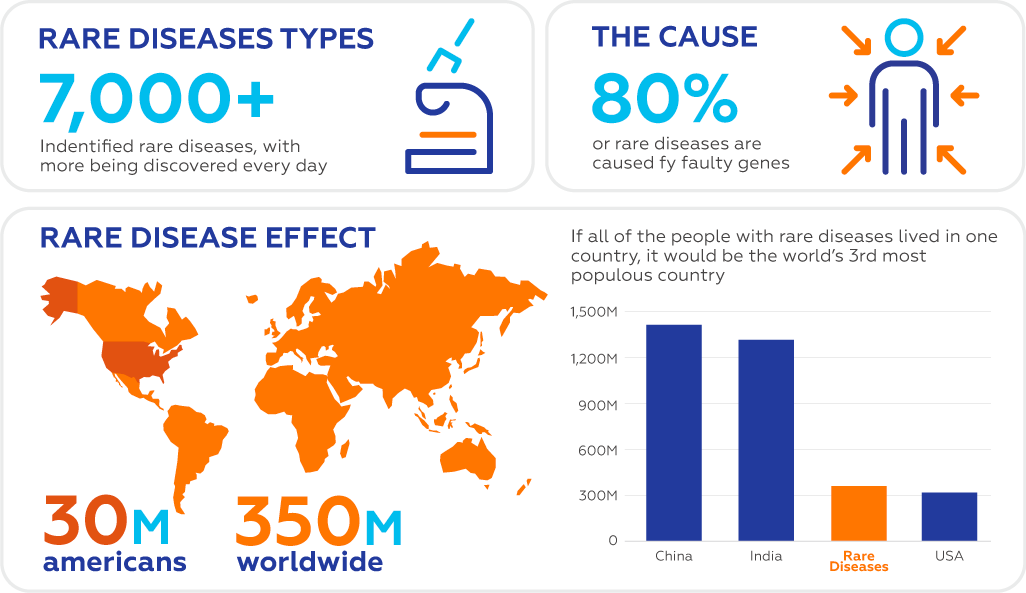
Reforming Multilateral Institutions
Subscribers of "Current Affairs" course can Download Daily Current Affairs in PDF/DOC
Subscribe to Never Miss an Important Update! Assured Discounts on New Products!
Must Join PMF IAS Telegram Channel & PMF IAS History Telegram Channel
- Context (IE): Nobel Laureate pitched for reforms in multilateral institutions given the failure of the UN in resolving the ongoing problems to humanity.
Importance of multilateral institutions
- Global challenges and crisis such as conflicts, climate change, migration, macroeconomic instability, and cybersecurity can indeed only be solved collectively.
- Ensures Stable world order: Achievements of UN Peacekeeping forces, non-proliferation of nuclear weapons etc.
- Forum to cooperate on Global challenges: Climate change, food security, terrorism, Pandemic, cyber security, fake news, etc.
- Mobilize resources for innovations: Creation of innovation funds (e.g., UNICEF Innovation Fund, UNDP Innovation Facility), provide unlimited networks of experts at the global, regional and local country level.
Need for reforming multilateral institutions
- Lack of Inclusive representation: For eg., lack of representation of far East regions, and rising economies in UNSC.
- High jacking of multilateral institutions by developed countries: Chequebook diplomacy of China, misuse of Veto rights by P5 members, etc.
- Rising hyper-nationalism, anti-immigration politics fuelled by political opportunism, diminish the appeal of international cooperation. For e.g., America’s first policy manifested in the form of withdrawal from the Iran Nuclear deal, etc.
- Disillusionment with globalization: Failure of global governance in the post-Bretton Woods system to resolve issues of slow growth, rising inequality, falling labor force participation, migration, social fragmentation and job insecurity associated with globalization and automation.
- Failure of institutions to deliver their mandate: For e.g. WTO’s failure to handle the US-China trade war, UNSC’s failure in Chinese unchecked belligerence in the South China Sea, inadequate response of WHO in handling the pandemic, etc.
Way Forward
- Set focussed narrative as currently the multilateralism reform narrative lives only in elite circles and some national capitals, particularly the emerging powers.
- Encouraging Mini-lateral groupings as a new form of multilateralism and transforming them into multi-stakeholder partnerships.
- Creating new models of multilateralism to overcome the trust, legitimacy and utility crises of multilateralism.




![PMF IAS Environment for UPSC 2022-23 [paperback] PMF IAS [Nov 30, 2021]…](https://pmfias.b-cdn.net/wp-content/uploads/2024/04/pmfiasenvironmentforupsc2022-23paperbackpmfiasnov302021.jpg)
